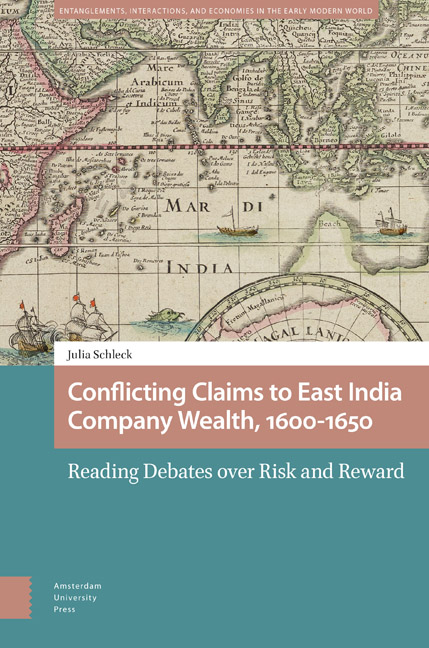The books published in this series pursue particular historical themes that illuminate the interactive and interconnected dimensions of the early modern world, roughly periodized from 1400 to 1800. These studies either take a comparative approach to commensurate historical developments in various parts of the world or examine trans-regional patterns and forces that affected local societies. The series places emphasis on intellectual, cultural, religious, and economic analyses on topics such as migration streams and diasporas, empire-building and colonialism, epidemiological patterns and environmental changes, long-distance trade and commercial networking, and missionary programs and spiritual encounters. Authors working on these and related topics connect the global phenomena to local peoples in their nations, cities, villages, tribes, and families. Thus, this series explores the reciprocity between global processes and local affairs, which illustrate the unfolding human condition in specific historical moments.
